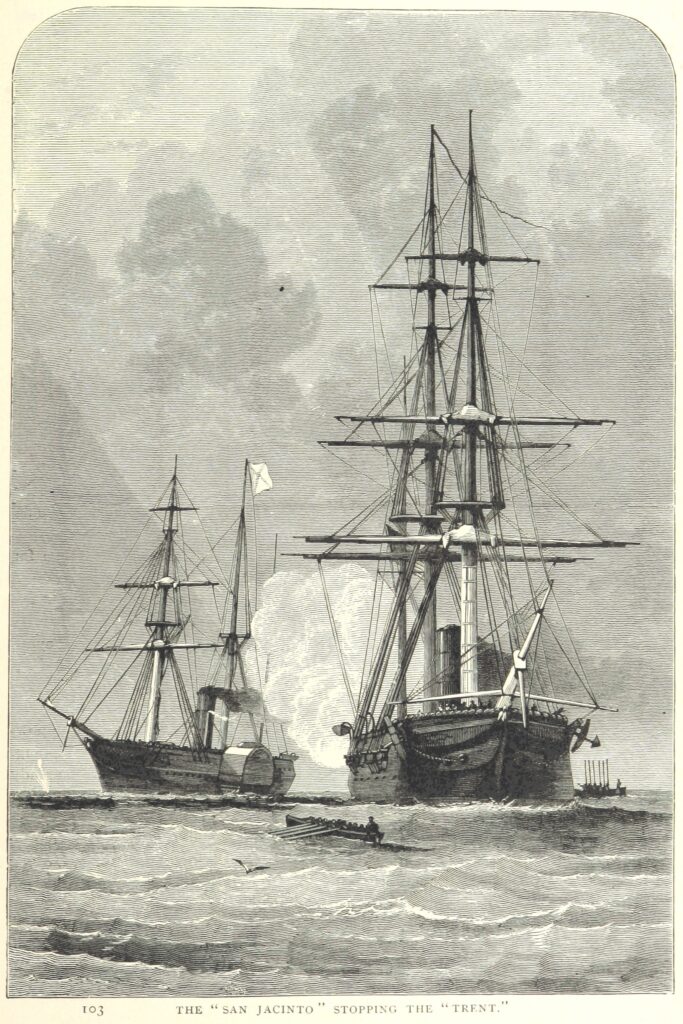Blame Canada!

Still trying to make sense of the logic in poisoning America’s most important diplomatic relationship…
Trump has created this problem for himself and for America.
While it is likely that any Canadian government would have reacted poorly to becoming a target in Trump’s tariff war (especially only a few short years after having concluded a multilateral trade deal with Trump), the problem has only been exacerbated by Trump’s characterization of Canada as America’s future “51st State.”
The tariff war threatens to unsettle an economic relationship that is critical to the productivity of industries on both sides of the border, productivity that is dependent upon having secure supply chains and a secure investment environment. Joining the United States is a fringe position in Canada and has become less popular over the last few months. Specious claims about Canadian fentanyl smuggling have also exhausted much goodwill that Canadians might have towards the US.
See also Justin Ling’s account of the history of US and Canadian warplanning in North America…
The war plans make clear that if America hoped to win a war against the British Empire, seizing Canada quickly and decisively would be imperative. That could be achieved, the U.S. strategists concluded, by seizing the territory between Quebec City and Toronto—effectively severing the country in two, disrupting communications, and providing control of Ottawa, the capital—and sailing to seize the port of Halifax.
While the plans are bullish on American victory, the Joint Chiefs highlight one possible Achilles heel for the United States: the Panama Canal. “The importance of the Canal to BLUE is heightened by the extreme importance which RED would attach to its capture,” the plans read.
These plans would not be published until 1974, although they were not kept entirely secret at the time. Plans to establish clandestine air bases along the Canadian border, camouflaged as civilian airports, were accidentally released in 1935, earning an immediate rebuke from President Franklin Delano Roosevelt.
Canada was inclined, the New York Times reported at the time, to “not take the matter seriously.”
